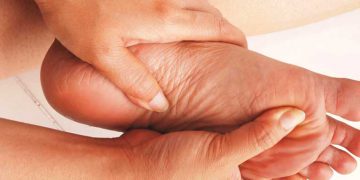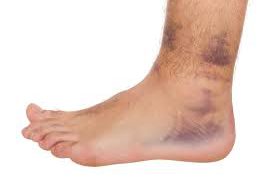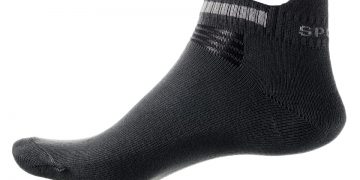Why should I bother with the diabetic foot care tips?
Reducing diabetic foot complications is a struggle every diabetic must face in time. Symptoms can vary but the first sign is an elevated temperature in the foot itself. An elevated A1C is a definite predictor of complications are on there way.
The higher your A1C result the greater your risk as A1C is the indicator over time if your levels are high. Daily tests only indicate that day or particular time what your blood glucose level is and how to correct it. Foot lesions or ulcers can become infected easily and will need antibiotic therapy if they do.
Diabetic Foot Care Tips
- Inspect your feet daily or have someone do it for you. Any signs of redness, trauma, skin color change, cracking should be noted and passed on to your diabetes management team. Using a mirror on a handle or the floor will aid in inspecting all parts of the foot.
- Clips your nails on a weekly basis and clip nails straight across making sure to smooth out all rough edges.
- Keep your foot skin well hydrated with a good cream or petroleum jelly made for diabetic foot care.
- When calluses, corns or toe nails become a problem, always consult your doctor or a podiatrist.
- Always wear shoes or protective slippers on your feet. Even a simple sock will help prevent injury to the foot due to diabetes.
- Insure your shoes are the right fit and if possible have custom inserts done. This may require special diabetic shoes that have more space inside and are manufactured to not have seams on the inside that may rub and cause blisters.
- Always have your feet checked at your regular visit to your doctor.
Remember your feet are at risk when you are a diabetic and you should be sensible. Wear shoes that are comfortable, no high heals or pointy tipped shoes for you ladies. These are common causes of pain and injury which as a diabetic you cannot afford. Pick shoes with good heel & arch support with a high dome for your toes.
Wear absorbent socks when you take part in activities that make you sweat. Staying in shape is an important factor when you have diabetes. If you are in shape you will have an overall easier time managing your blood glucose levels which in turn will make you less symptomatic as a diabetic.
Hope you will put these diabetic foot care tips in practice.
Being overweight is hard on your heart, back and every other part of your body, shed those excess pounds and get proper nutrition. All of these tips are important ways of dealing with diabetic foot pain.
Reference:
Article Source: http://EzineArticles.com/?expert=Russell_Barron



















